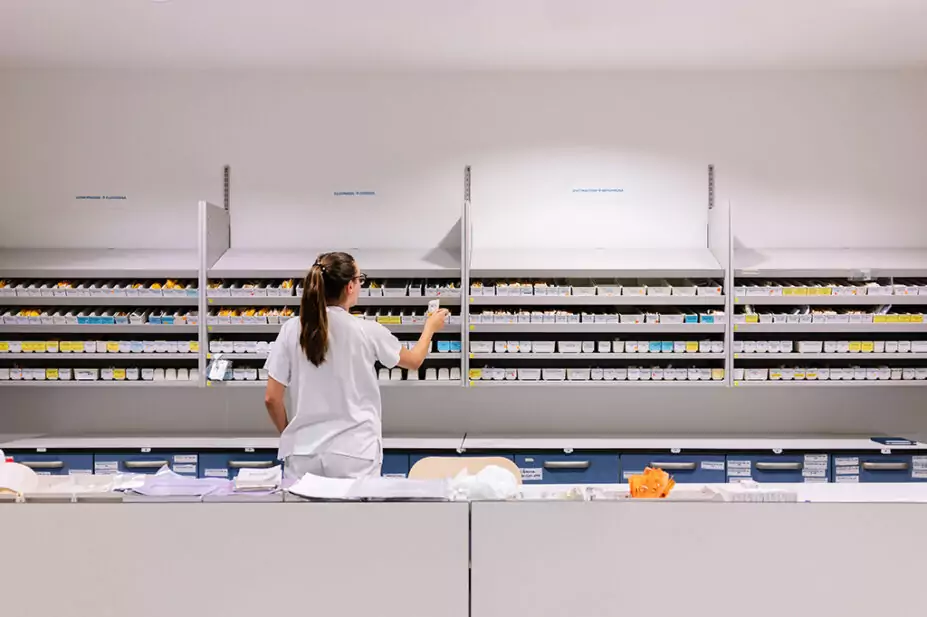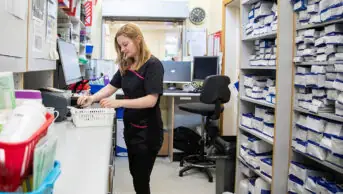
Westend61 GmbH / Alamy Stock Photo
A ‘solidarity mechanism’ to tackle critical medicines shortages has been launched by the European Medicines Agency (EMA).
In an announcement on 24 October 2023, the regulator said the voluntary system is based on an informal scheme, which was created during the COVID-19 pandemic, allowing any member state facing a critical shortage of any medicines to report it to the EMA’s Medicines Shortages Steering Group (MSSG).
The MSSG will then co-ordinate a pan-European request for assistance in obtaining medicine stocks. The EMA stressed that the mechanism has been “developed as a last resort” and can only be used “under very limited conditions after [member states] have exhausted all other possibilities”.
The solidarity mechanism is one of several measures put forward by the MSSG to address medicines shortages in the European Union, including recommendations for formalising the monitoring of supply and demand, which had been used to tackle the widespread shortages of antibiotics across Europe in the 2022/2023 autumn and winter seasons.
The MSSG measures also include guidance on working with marketing authorisation holders and manufacturers to increase and redistribute existing stock across the EU; the implementation of regulatory flexibilities, such as the exceptional supply of certain medicines that may not be authorised in a particular EU member state; and full or partial exemptions to certain labelling and packaging requirements for medicines.
The European Association of Hospital Pharmacists ‘Shortage survey’ report for 2023, published on 17 October 2023, found that 59% of pharmacists said medicines shortages had delayed patient care, 43% of pharmacists said they had resulted in suboptimal treatment, and 35% of pharmacists said shortages had led to cancellation of care.
Commenting on the MSSG measures, Paul Fleming, technical director for the British Generic Manufacturers Association (BGMA), said: “The causes of disruptions in continuity of supply and medicines shortages are many and complex. Therefore, we support multi-layered solutions to improve supply chain resilience, such as those just announced by the European Commission.
“We hope that co-operation between the UK and EU will build up again and, in particular, that a full-scope, two-way, mutual recognition agreement can be re-established for medicines. Recognising that most medicine manufacturing supply chains are global, it is important that the UK aligns with and participates in international initiatives to protect security of supply for UK patients.”
A spokesperson for the Department of Health and Social Care (DHSC) said they did not want to comment on EMA policies, but that the DHSC has “well-established procedures to deal with medicine supply issues and works closely with industry, the NHS and others to prevent shortages and resolve any issues as soon as possible”.
You may also be interested in

Over 40% of people with cystic fibrosis have experienced significant health problems resulting from PERT shortage

Will reshoring medicines manufacturing solve shortages in the UK?
